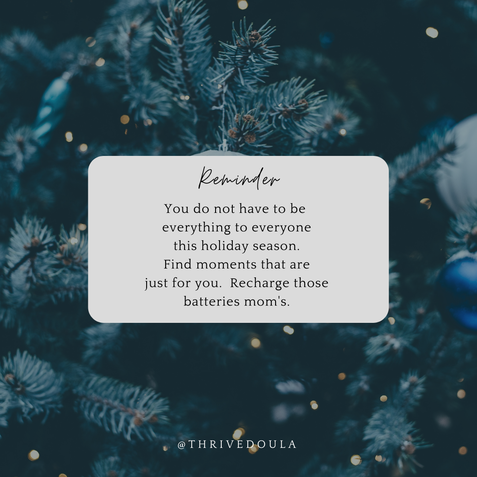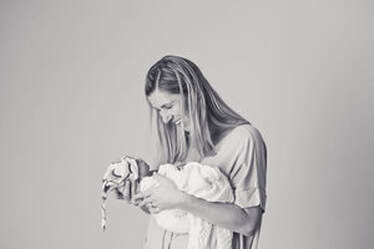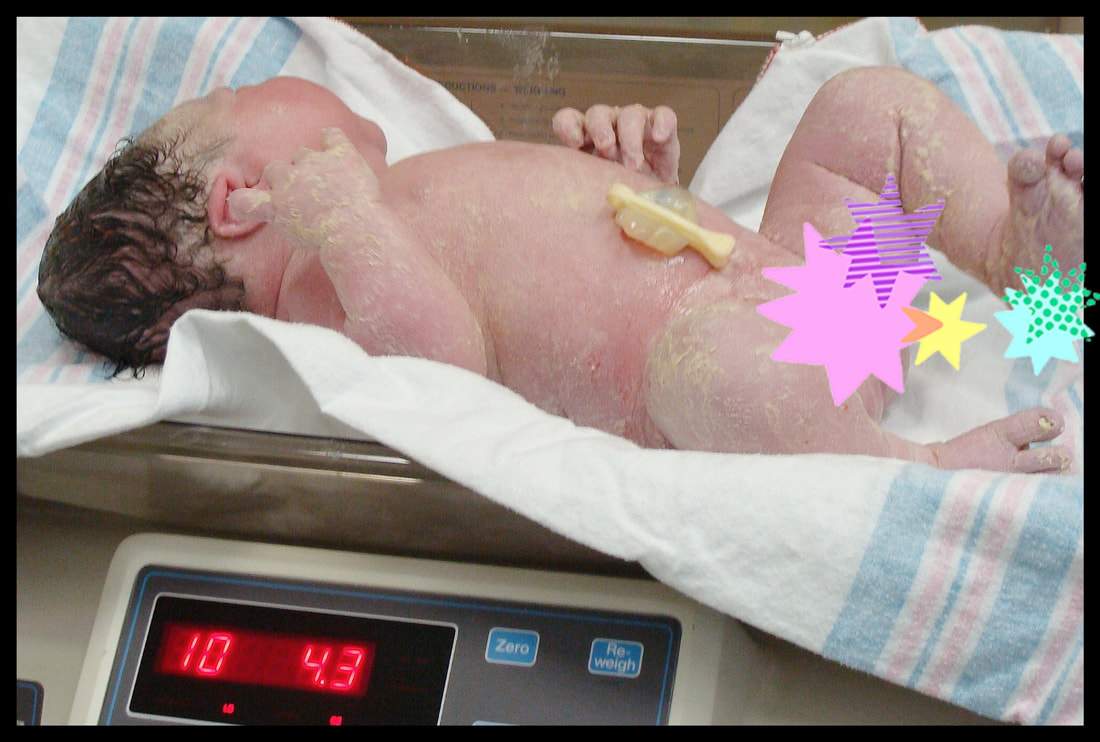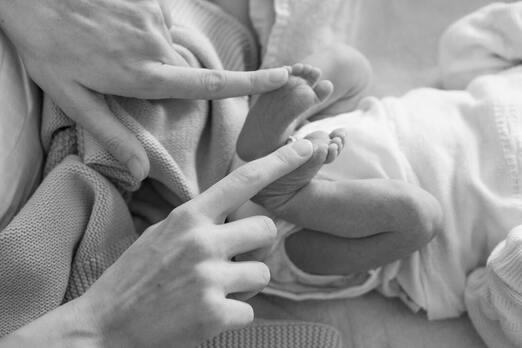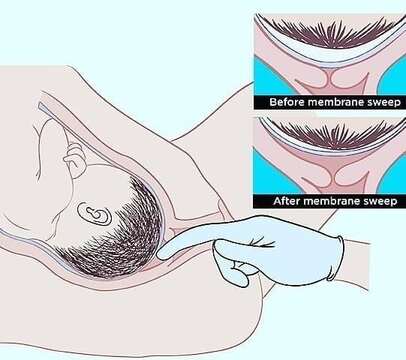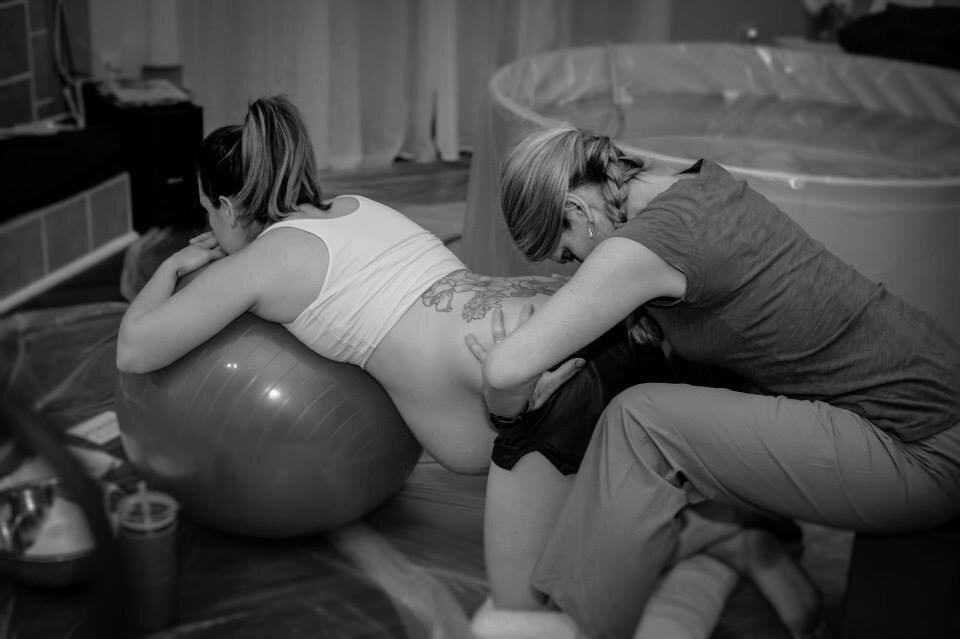|
Forget women be shopping, women be tired! Mother's, those who work outside and inside the home, are exhausted. We parent with our families further away from us than they have ever been. Most of us are sorely lacking a village. And if that weren't enough and it is more than enough, we are all doing it through a pandemic, that seemingly has no end in sight.
New data from several countries confirms what we already know: women are doing the bulk of the work needed to keep households running- often while juggling paid work. Hence the reason why we are so fatigued. I would not pretend to have a solution to this endemic, but I see you, I am you. What I am doing to try and make my life easier for me? First off, despite being type A, I have given up the drive for perfection. I even forgot school picture day this year and the sky didn't fall. I simply cannot do everything, all the time. There aren't enough hours in the day. I have learned to say no, no to things that I do not want to do. No to things that stretch me beyond capacity. I ask more from those around me, I don't assume they know what needs to be accomplished. I say when I am tapped out and am vocal about when I need to tag out. So to all you mother's pushing through, you are seen, it is hard, so impossibly hard. I hope you get some moments, if only moments of stillness for yourself, to fill your cup over the holidays. Love yourself and give yourself the grace we are so quick to give others. We all know that massage feels great! But do you know about all the benefits it adds to your prenatal and postpartum experience? The lovely Jenny Jarrett, Birth Doula and Registered Massage Therapist helped us out with her top reasons why you should explore massage during and after your pregnancy.
The Top 5 Benefits to Prenatal Massage 1. Stress Relief: Growing a human can be a worrisome business as well as physically taxing on the body. Prenatal massage with a well trained therapist can help ease anxieties and promote relaxation. 2. Decrease Muscle Aches: A pregnant body undergoes so many changes that the muscles are constantly trying to support strength and movement in the skeleton as these changes happen over time. Massage helps relieve the tension in muscles so it can better support the body. 3. Decrease Edema: Fluid levels significantly increase during pregnancy, and sometimes can result in edema (an excess of fluid build-up). Massage helps to recirculate this fluid and increase comfort in the pregnant person. 4. Reduce Joint Pain: Sleeping positions, weight bearing, and relaxin influenced joints can lead to joint pain. Particularly in the hips, low back and neck. Massage promotes circulation to these areas, relieves muscle tensions that pull on the joints and can reduce joint pain. 5. Improve Sleep: Thanks to all of the above mentioned benefits, a pregnant person can often have improved sleep following massage. Less stress, decreased muscle and joint pain, and decreased discomfort from swelling all lead to a better night’s rest. Top 5 Benefits to Postpartum Massage 1. Decrease Muscle Tension: Being a new parent is hard work emotionally and physically. Massage can help decrease the muscle tension from stress, prolonged postures (i.e.: feeding baby), and physical strains from labour/delivery. 2. Increase Pelvic Floor Health: Believe it or not, one doesn’t necessarily need to cross their legs when they sneeze after they have vaginally delivered a baby. A massage therapist skilled in pelvic floor health can help decrease tension, promote circulation, and decrease scar tissue or fascial restrictions from birth (vaginal or C-section). This can lead to improvements with continence and sexual function. 3. Reduce Stress: Self Care is so important for a new parent. It is invaluable to carve out a bit of time for oneself to care for the body. Massage can be an important piece in restoring wellness to a parent. 4. Injury Rehabilitation: Unfortunately, sometimes pregnancy and labour can cause injury to a person. Injury can also occur in the postpartum period for many reasons including repetitive strains/stress. Massage can help cue the body to reset, and begin to heal. 5. Decrease Swelling: That excess fluid doesn’t always go away quickly following delivery of baby. This is particularly the case if one has received IV fluids during labour and delivery or the immediate postpartum period. A massage helps to circulate that excess fluid so that it leaves the body quicker and leaves the person much more comfortable. You can find Jenny at: Balance Massage & Doula www.jennyjarrett.com 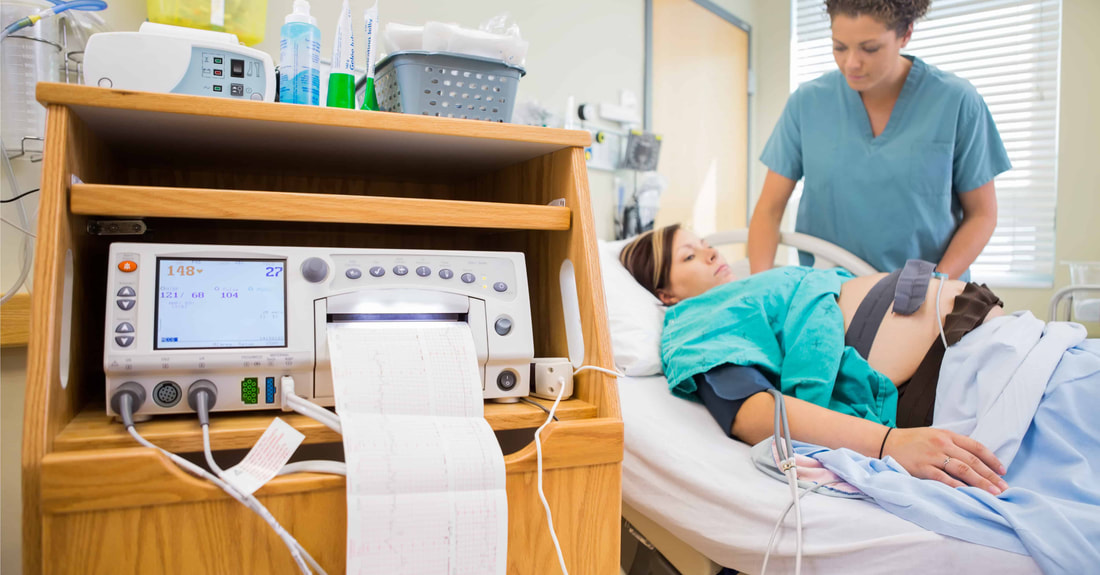 Induction of labour is big topic, not really a quick blog post topic, but let's try and cover the basics. Induction has been becoming more common place, as a Doula, I see this all the time. And it's on the rise. Obstetricians often offer an induction beginning at 39 weeks. This is because some studies have shown that the cesarean rates are somewhat decreased if induced at 39 weeks.
It is super important to remember that there are hard and soft indicators for induction. Soft indicators: *your 39 weeks *your over your estimated due date *well controlled gestational diabetes *suspected big baby *for your providers convenience *done being pregnant Hard indicators: *uncontrolled gestational diabetes *intrauterine growth restriction *preeclampsia *your 42 weeks + (this is when stillbirth becomes statistically significant) There are always some exceptions to both hard and soft indications, this is just a quick list. 75% of people will give birth by 41 weeks and 2 days after the last menstrual period. You may find yourself under pressure by a provider to get labour started. If there are no hard indicators that waiting for baby is a problem, remember, you have a choice. You can decline an induction. You can ask for some work up to ensure baby is happy. Inductions have risks, often those risks far outweigh the risk of waiting for labour to begin on it's own. Know your options and understand the difference between relative risk vs. absolute risk (your actual risk rather than a population level risk). Don't be afraid to advocate for yourself. Your due date is not an expiration date in a low risk pregnancy! Sleep, yours and your baby's, is one of the most asked about topics when working with families. So I thought I would ask someone who knows a lot about the topic, Ashley Cooley from Birth Baby Sleep. Ashley is a birth, baby and sleep specialist. I asked her the burning question that I often get asked. What are your top tip to help newborns sleep? Ashley was generous enough to give us her top five!
Top 5 Sleep Tips for the Newborn Stage Newborns need a lot of sleep. On average, they’ll clock in about 14-17hrs of sleep per day but by no means is this sleep organized. This is because babies need to be fed frequently to meet their growth demands, but also because they do not yet have their own functioning circadian rhythm - that “internal body clock” that tells us when to sleep and when to wake-up all within a roughly 24hr period. Basically, their sleep is erratic and sometimes unpredictable. So, here are some tips to help your new little one get their best sleep possible so you can all rest easy: 1. Help them fall asleep. Helping your little one to fall asleep is not only what they want from you, but it’s also often what they need from you. Your job with regards to their sleep right now is to keep them as well-rested as possible by any safe means necessary. Now is not the time to worry about “bad habits” or “sleep crutches.” Feeding, holding, bouncing, swaying or rocking are all proven and natural ways to help babies fall asleep. 2. Encourage regular napping. Whether your new baby sleeps for 20 minutes or 2 hours at a time, ensuring they are getting regular sleep is what to focus on at this point. Newborns under about 6 weeks of age usually need to sleep every 45 minutes to an hour. For babies over 6 weeks of age you might aim for closer to 1-1.5hrs of awake time between naps during the day. If you find this to be a struggle (because it can be tough at times), see the next tip: 3. Wear your baby. Use a carrier, wrap or sling to wear your baby if you can. Not only does this promote brain development, but it’s usually also their happy place and you’ll have your hands free! 4. Sleep on-demand. Let them sleep when they want, however long they want! Unless you still need to ensure more frequent feedings for their growth and development, the more they sleep, the better they sleep overall. 5. Sleep when they sleep if you can, at least once during the day. Babies usually have one longer stretch of sleep per day, so figure out when your baby does this and make sure you are sleeping then as well! If you’d like to hear more sleep and parenting tips for Baby’s first year and beyond, follow Ashley @birth_baby_sleep on Instagram and Facebook and the Bringing Up Baby podcast on all podcast streaming platforms. You can also check out www.birthbabysleep.ca for information on all of our services. I have a little experience having a big baby, this turkey sized human is mine, born at 38 weeks! Typically, big babies are a result of Diabetes, Gestation Diabetes, a pregnant person gains an abnormal amount of weight during their pregnancy and good old genetics. The above turkey/baby won the genetic prize. I was a 9.5 baby, my husband an 11 pounder. I wish I knew the facts that I now know. I would have made much more informed choices. Let me share this information with you.
Things to know if have you been told by your provider that they suspect you are carrying a large baby: * Ultrasounds are notorious for poorly estimating a suspected big baby's weight, about half of the time they are right, and the other half they are wrong! * Many studies have shown that the “suspicion” of a big baby increases the risk of having a Cesarean without improving the health of mother or baby. If your doctor thinks you are having a big baby, they are more likely to diagnose your labor as stalled, or pressure you into a Cesarean, compared to a woman who has a big baby but that wasn’t suspected as such. About half of the time when they suspect a big baby, the prediction will have been wrong. evidencebasedbirth.com/wp-content/uploads/2018/01/Big-Babies-Handout.pdf * If you have Diabetes or Gestation Diabetes, having well controlled blood sugar levels throughout pregnancy means you are NOT at increased risk of having a big baby. * A suspected big baby is not an indication for induction, even with well controlled GDM. If you are have other risk factors related to GDM, an induction may make sense. But not always. So you might wonder about the dreaded factor that leaves providers shaking in their boots..... the dreaded shoulder dystocia. Yes large babies have an increased risk of shoulder dystocia. But since ultrasounds and providers are not great at predicting large babies, no provider actual KNOWS when this complication will arise. It also happens all the time with smaller babies. Sound passionate about this issue? I am! I want families to have all the facts, not fear-based bias when making informed choices. Do your research, ask all the questions, know the stats and then advocate for the decisions you have made for yourself. I will be doing the same for my clients. So you've read a lot of books, maybe you've taken a prenatal education class, talked to family and friends, downloaded apps, taken a breastfeeding prep. class and of course Goggled eight million things about labour and birth. In my experience, more families are concerned about having the "stuff" they need for their new baby, rather than preparing to care for their new baby and what that might be and feel like.
Some quick facts about new babies: *they smell amazing *they bring joy and excitement to your life *you never realized how deep your love for them would be *they are exhausting *being a new parent will challenge your sanity *they completely change the dynamic of your household Families need a postpartum plan, I have a blogged about this before. But I want to focus on the ways a Postpartum Doula can help you deal with the new normal. The day I brought my daughter home, it felt like bringing home an elephant! This overwhelming sense of "what the hell do we do now?" I couldn't wait to get home with her, but I was completely unprepared for the unsettling feelings that this monumental life shift brought. A good Postpartum Doula is someone who sprinkles a bit of magic. Someone who validates and normalizes your feelings, reminding you that every parent has felt this way. Someone who cooks a meal and cares for your baby while you nap, shower or maybe just rest. Someone who can help with breast/chest or formula feeding, prepares snacks, makes sure your fed, changes diapers, bath's baby, shows you how your breast pump works, folds your baby laundry and provides up to date infant care information. (No Nana, no more baby powder or cereal in a bottle of milk:) Someone to remind you that you are doing an amazing job during an extremely challenging time. We have never lived so far from our families and Covid has shed light on how little support there is for new parents. Hiring a Postpartum Doula is definitely a luxury for some, I get that. But this comes back to having a postpartum plan. Prioritize the funds that you have. You might find sacrificing $300 on baby gadgets that you likely won't need, gets you three days of help in those early days when it's so needed. Also, a fund for a Postpartum Doula makes a great shower gift instead of getting 20 fuzzy blankets. We all need support, now more than ever! Ah, the membrane sweep. What is it exactly? Also referred to as a stretch and sweep or membrane stripping. It is a technique that involves gently lifting the amniotic sac away from the cervix and the lower part of the uterus. Your doctor or midwife inserts a gloved finger through the cervical canal and uses a sweeping motion to separate the membrane from the cervix. This intervention releases prostaglandins, which are the chemicals that help soften and open the cervix for labour. Most providers will offer you a sweep in late pregnancy. Remember, it is your choice and it should never be preformed without your explicit consent!
What are the risks and benefits of the sweep? Risks
Why is it good to labour at home as long as possible? So many reasons, early labour can be long, the hospital won't admit you until you are in active labour (sorry....no epidural yet!), you are comfortable, less anxious, you can eat, drink, be in your own bed and personal space.
So what are the things that you can be doing at home so you get to the hospital in active labour?
Having said all this, never hesitate to check with your provider or head into ELAU if you need to. But know that your body and baby are doing their job and if you can labour at home if all is well until active labour, your time on the birth unit will be reduced and your progression might be faster. The Golden Hour refers to the hour of skin to skin contact with your baby directly after their birth. The IWK will facilitate an hour of skin-to-skin contact with your baby immediately after the birth of the baby, as long as the birther and baby are doing well. This practice is recommended by every major obstetrical body and the WHO, for really important reasons. It is a critical time for the birthing person and the baby. Really exciting things take place during this hour. Often baby keeps their eyes open and parents get to decide who they resemble! (but seriously, many more important reasons!) There are so many crucial reasons to protect this hour: * It helps regulate your baby's respiration, heart rate, blood sugar levels and body temperature. * It promotes attachment and bonding. * Helps baby adjust to the outside world. * Reduces Cortisol (stress hormone) in parents and babies. * Both you and baby release oxytocin, which helps the uterus contract, expelling the placenta and can help reduce postpartum bleeding. * It boosts your baby's immunity. It exposes babies to their parents bacteria which kick starts the immune system. That good bacteria also create a more diverse microbiome for baby. * Last but not least, it initiates breastfeeding. Data shows that babies who are brought to the breast in the first hour after birth have a better/longer breastfeeding relationship. If the birthing person requires medical attention that results in needing to have your partner hold the baby during the golden hour, partners and baby will get great benefits. This helps promote bonding with baby and the partner. While typically standard practice in non-emergency situations, make sure skin-to-skin is on your birth plan. If you are having a Cesarean make sure that skin-to-skin is facilitated after the birth of your baby, you'll treasure those moments for a lifetime! Photo Copyright the VBAC Link This is probably the most asked question from birth clients. I am having cramping, is this labour? I am pooping a lot, is this labour? I think this is bloody show, has labour started? I think I lost my mucous plug (please for the love of the universe, do not Goggle image mucous plug!!), this must be labour. Most of these indicators are great signs that your body is preparing for labour, making the necessary changes for labour, that labour is getting close. But that might mean tomorrow or in 10 days! So my answer is typically.....maybe!
You've waited so long to meet your baby, you are anxious to know for SURE that this indicator is it. And it might be, but it also might not. I am a Doula, not a Midwife or an OB, I don't perform clinical tasks, I cannot check the position, softness or dilation of your cervix. But all these indicators mean that labour is coming, sooner rather than later. But here is what I know for sure. When you are in active labour, you will KNOW it! It will stop you in your tracks. Early labour contractions are annoying, but typically you will able to go with your day, eat, move, talk, etc. Active labour contractions will be different, you will unquestionably know the difference, they will be longer, stronger and closer together. You won't be able to concentration on other things when you have active labour contractions. They will get increasingly more intense, and even more so with transition. If you first time parents need a goal to focus on, try this...5-1-1. Contractions that are five minutes apart, lasting for at least one minute and have been occurring for at least one hour. This is a good time to call your provider for next steps. Second + pregnant folx should probably head to the hospital or call your Midwife a little before the full hour as these labours tend to move faster. Trust your body, trust that you will know that this is the real deal, because you and your body will know! |
Archives
June 2023
|
